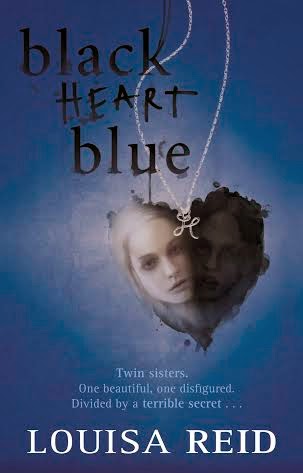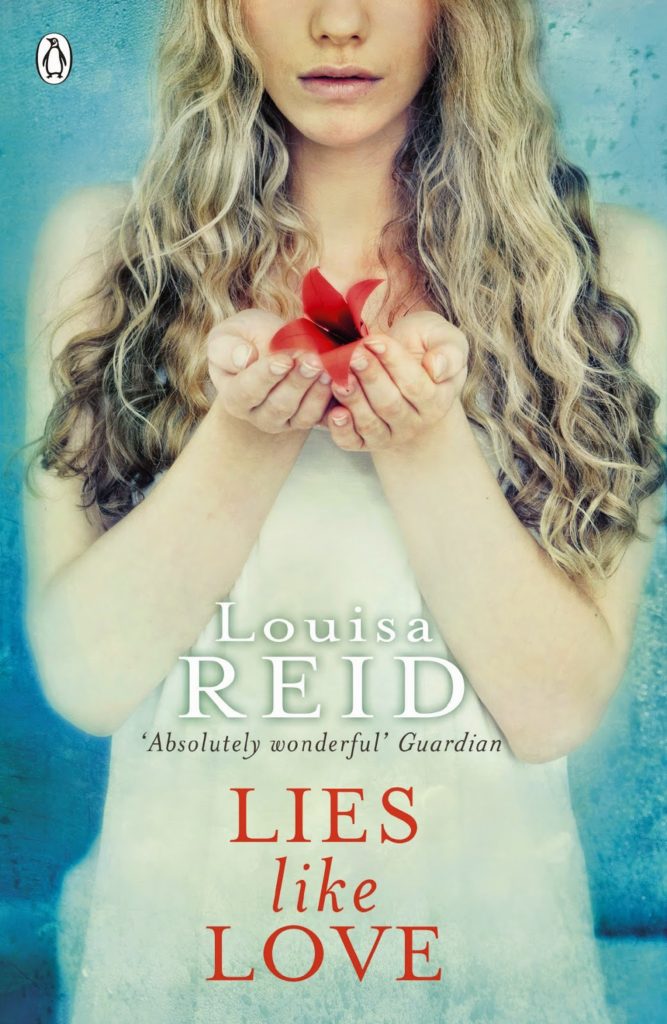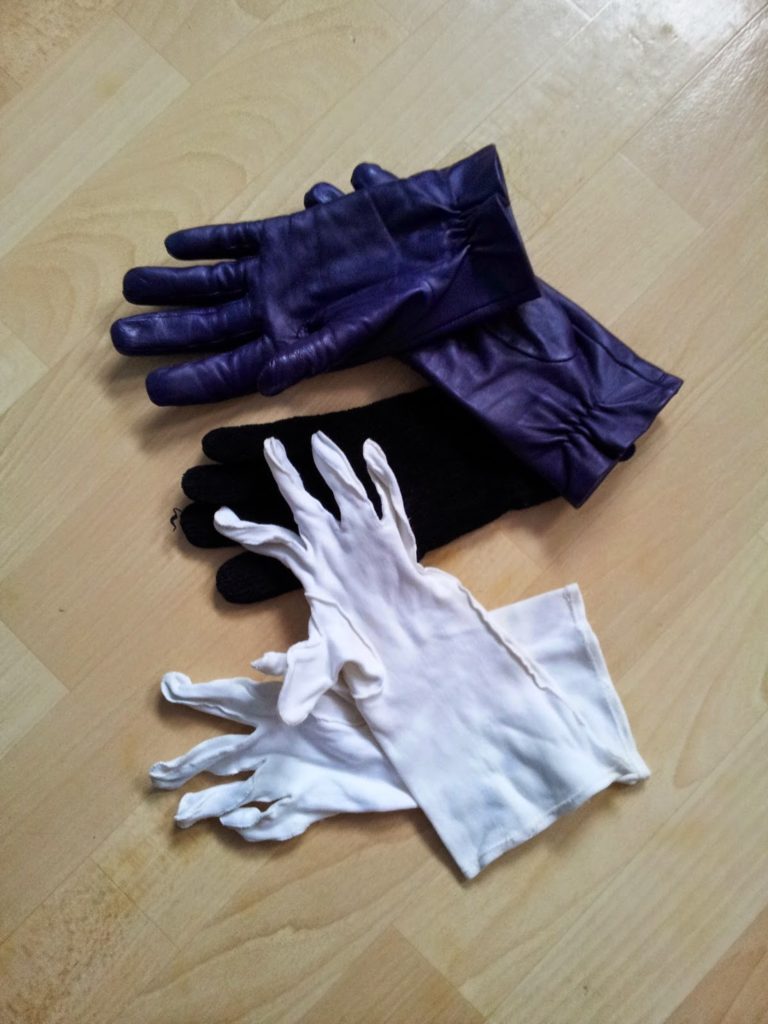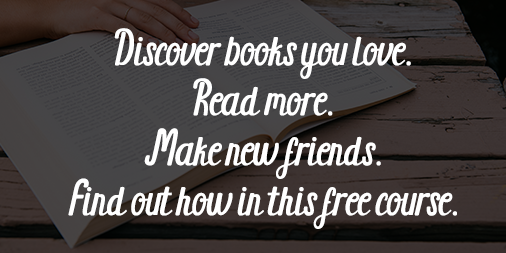Today as part of the UKYA Extravaganza blog tour, I have a guest post from Louisa Reid, author of Black Heart Blue and Lies Like Love:
I read an article recently by a young author who believes that girls are being“betrayed” by YA fiction. Helena Coggan, whose novel Catalyst comes out in February (kudos and good luck!), states in an interview in The Guardian that there are three girl types in fiction for young people, she says: “I like to call them the ducklings. They are: 1) the ugly duckling who becomes acceptable to society; 2) the naive duckling who knows nothing about her world; and 3) the antisocial duckling, who is not socially able.” She bemoans the lack of “normal” girls in YA and I suppose feels that she has not found characters with whom she identifies within this genre.
This notion gave me pause for thought, and of course I wondered first about my own books, as most writers do, I expect, and to what extent my own writing is flawed and doing its audience a disservice. My first narrator, Rebecca in Black Heart Blue, might be described by some as a classic type 1), although to do so would be to be pretty insulting to anyone living with Treacher Collins Syndrome; her perceived “ugliness” is not simply a case of a fairytale cliche, and her story is not about being accepted by society but about finding freedom, justice and self-belief. Her sister Hephzi, could be type 2), I suppose, she is indeed naive and suffers hugely because of that naivety. Again, though, there is more to it than that; her naivety is not incidental to the plot but integral to it. Both her and Rebecca’s isolation is a feature of the abuse and cruelty they’ve borne for their entire lives. My third female protagonist, Audrey in Lies Like Love, might be considered shy, and therefore type 3), but fundamentally she’s strong and loyal and another victim of tragic circumstance.
I started to think of characters I’ve encountered who might be reduced to the duckling character types. And I’m still thinking. Maybe Helena and I haven’t read the same books, but every time I consider a female character or narrator in a YA novel I’ve enjoyed, I find much to commend her beyond the representation of her appearance, her social anxiety or any anti-social tendencies.
Take Emma Pass’ Jenna Strong in ACID, a book I’ve only just begun but one in which the female narrator is clever, courageous and quite terrifyingly feisty. Or Elizabeth Wein’s Maddie and Queenie from Code Name Verity; two young women who are defined by their friendship and loyalty and risk everything to aid the French Resistance. Teri Terry’s Kyla from her Slated series is another character who has her wits about her and is compellingly smart and brave, negotiating a world which seems out to get her at every turn. In Keris Stainton’s Starring Kitty we find an ostensibly “normal” girl, but she has her problems too (who doesn’t?!) and the book is a fabulous exploration of how finding your identity takes courage and time. Non Pratt’s Trouble brings to life a realistic portrayal of teen pregnancy through her main character Hannah, who is by no means a cliche but is witty and brave and loving, despite being pretty normal too. Emma Haughton gives us another Hannah in Now You See Me, who, in dealing with the loss of both her friend and her mother, is an interesting and compelling character. Eve Ainsworth’s recently published 7 Days takes an heartbreaking look at bullying and insecurity via the perspectives of both the bullied and the bully. USYA is similarly varied. Characters I’ve loved recently are Jennifer Niven’s Violet, Rainbow Rowell’s Eleanor and Emily Murdoch’s Carey. Nuanced, rounded, female protagonists whose essences are impossible to boil down.
Nevertheless, I’m sure that Helena Coggan has a point, her ducklings may exist as character types somewhere; it will be a sad day when authors don’t listen to readers who are both their target audience and, extraordinarily, a fellow author to boot. But I wonder, even if I had found lots of duckling books in my snap survey would that really have been such a bad thing? What girl (or boy, for that matter) hasn’t felt anxious about her appearance every now or then, or had to work at gaining self-confidence and self-belief? Surely growing up most of us find the world to be a strange and confusing place? That said, of course we need “normal”; there is room for every type of narrator in YA fiction and the UKYA writers I’ve had the pleasure to read are doing a great job of representing girls and boys in all their infinite variety.
Thank you, Louisa. I’d love to know what you think about this “duckling” theory. Have you read and enjoyed the books mentioned in this post? Leave me a comment, and don’t forget to check out the other blogs participating in the tour:
